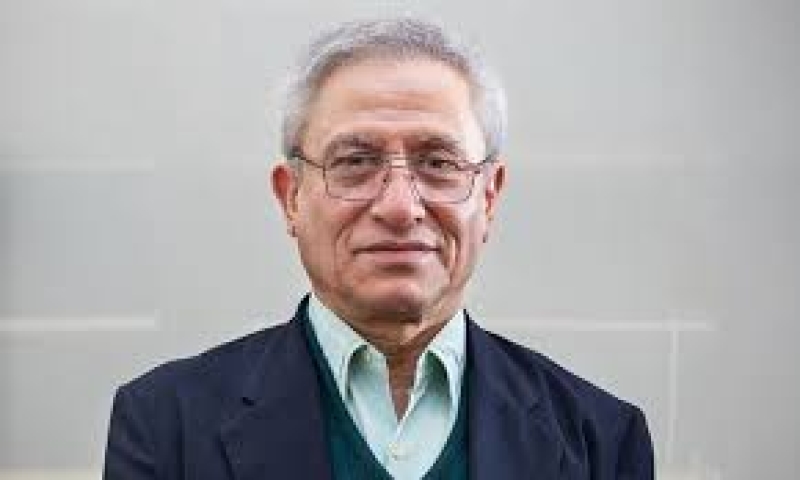- Security Council Divided on United States' Venezuela Action |
- Over 1.53m voters register for postal balloting: Shafiqul Alam |
- Bangladesh Bank to liquidate 9 NBFIs in financial sector reforms |
- Govt Moves to Clear Tk20,000cr Dues to Avoid Summer Outages |
- Maduro Pleads Not Guilty in US Court, Claims Presidency |
Zahid Hussain Calls for Reform-Based Budget in FY26

Prominent economist Dr. Zahid Hussain has emphasized the need for a reform-driven budget for the upcoming fiscal year (FY26), urging the interim government to prioritize showcasing progress on reform initiatives, particularly in economic sectors.
“We need a reform-based budget,” Dr. Hussain said, highlighting that previous large-scale budgets often failed to focus on essential reforms. “If the upcoming budget neglects this, the government risks appearing to simply follow the same path as its predecessors, which could lead to widespread disappointment.”
Dr. Hussain, who previously served as the lead economist at the World Bank's Bangladesh Office, shared his views in an interview with the BSS at his residence in Dhaka. He stressed that the next budget represents a crucial opportunity for the government to signal a shift in policy direction and economic management.
“The FY26 budget could serve as a pivotal turning point for the economy,” Dr. Hussain noted, “offering clear insight into the policies the government intends to pursue.”
He added, “We must wait for the budget’s announcement before drawing any definitive conclusions about the government's commitment to reforms.”
To stimulate economic growth and attract investment, Dr. Hussain stressed that the upcoming budget must include robust fiscal, financial, and structural policy reforms, delivering tangible outcomes in the short term. “In terms of inflation, the current figures do not show a convincing decline, leaving little room for monetary easing,” he remarked.
Discussing the current state of the economy, Dr. Hussain noted that following the student-led protests in August of the previous year, the interim government inherited a fragile economic situation from the previous administration. “Achieving noticeable improvement in such a short time frame is a challenging task,” he explained.
The economist pointed out that while there have been some positive changes since then, the government has not had sufficient time to implement comprehensive economic restructuring.
Dr. Hussain also addressed the investment climate, emphasizing that investors seek not only short-term solutions but also long-term strategies from the government. "Currently, uncertainty clouds the investment landscape, as investors hesitate to commit without a clear view of future economic direction. The lack of improvement in the import of capital machinery signals that much work remains," he said.
He concluded by acknowledging that while drastic policy shifts may not be realistic in the immediate term, the budget must offer a glimmer of hope for future economic stability and growth.
When asked about the key priorities for the next budget, Dr. Hussain suggested a focus on social sectors, including targeted financial support for vulnerable populations. "The poor and vulnerable require direct cash assistance to cope with the rising cost of living, while significant investment in health and education is crucial to address past shortcomings," he said. "Moreover, institutional reforms in critical sectors will necessitate fiscal accommodation to support the social costs of transition."
In his closing remarks, Dr. Hussain emphasized that the budget must strike a balance between economic reforms and social welfare, paving the way for sustainable growth and greater social equity.

